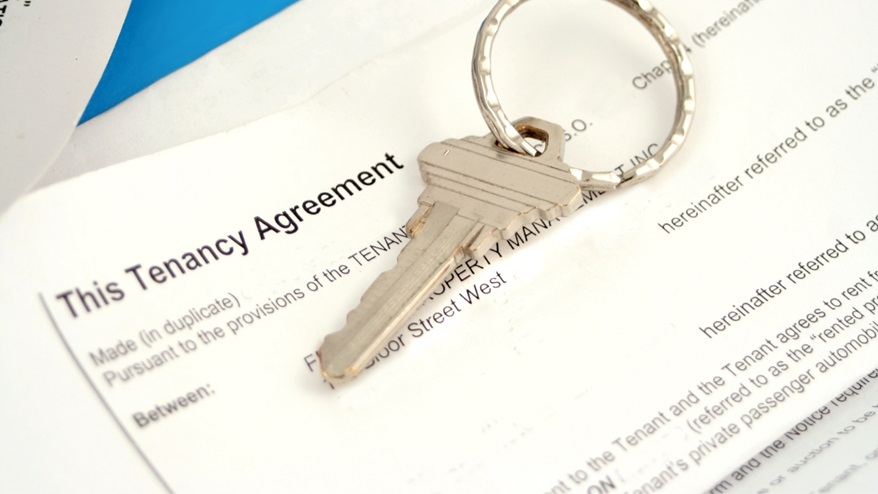Are you a landlord who is looking for a new tenant? If so, it is important that you check their background before making any decisions. Background checks are a vital part of the rental process, and they can help you avoid renting to someone who may be a risk. In this article, we will discuss the different ways that you can check a tenant’s background. So, if you are interested in learning more about this topic, keep reading!
How to Check a Background for a Tenant?
1. Start by collecting basic information about your potential tenant: This should include their full name, date of birth, social security number, address history, and any criminal history they may have. You may even consider running a tenant background check by a professional company to get the most accurate results. This will help you get more detailed information about the tenant’s background.
2. Check their credit report: This can provide you with a good indication of whether or not they are likely to pay rent on time and if they have any other outstanding debts. It can help you determine if the tenant is financially responsible enough to cover rent payments. And it can also help you determine if they have been evicted in the past.
3. Check their rental history: Ask for references from previous landlords or tenants who have lived with them. This will give you an idea of how they behaved as a tenant and whether or not there were any rental disputes in the past that could be indicative of future problems. It can also help you understand if they have a history of paying their rent on time or not.
4. Ask for documentation: Ask potential tenants to provide proof of employment and a copy of their current lease agreement if they are currently renting elsewhere. This will help you verify that they are who they say they are. And if there have been any issues in the past, it can give you an insight into how they may behave as a tenant on your property.
In Conclusion
Now you know how to check a tenant’s background before you make any decisions. Background checks are important because they can help you avoid renting to someone who may be high-risk or unreliable. Asking for references, checking their rental history and credit report, and collecting basic information about your potential tenants can all help you determine if they are the right fit for your rental property. So, make sure that you take the time to do your due diligence before signing any lease.




Comments